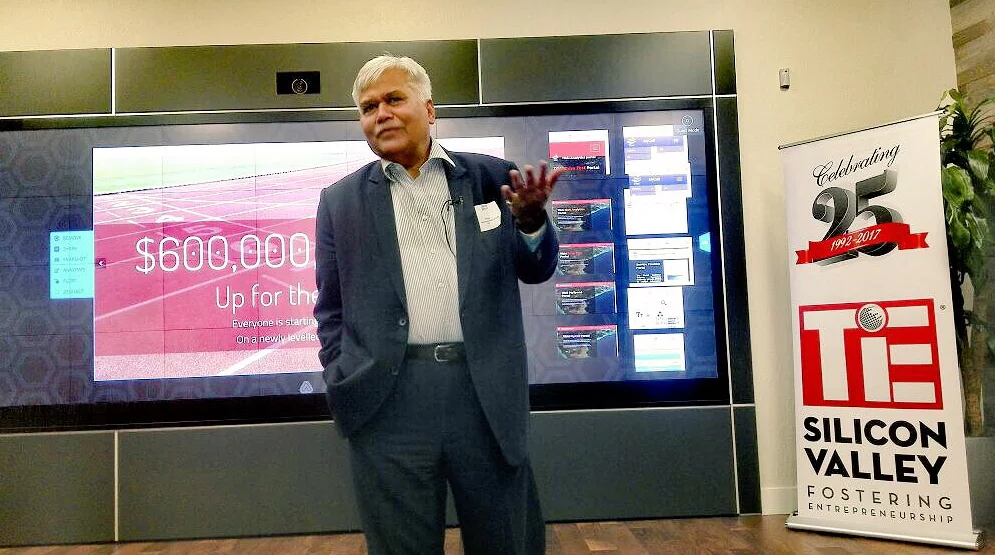Idea Exchange programme of the Express Group witnessed the presence of Trai chairman RS Sharma where he spoke at length about the new developments which are going on in the telecom industry. A heated topic of discussion among the many was the idea of data portability. The term is not to be confused with the concept of mobile SIM portability which refers to the porting of same mobile number to a different network. Unlike SIM portability, the data portability law will allow the users to share their data to multiple social media sites or company which previously existed only in the ownership of a handful of tech giants. RS Sharma spoke about the law and explained to the attendees about the implications of the same law. He said “This way any major social media site would not have a monopoly on data and start-ups can benefit hugely,” indicating about the recent stirs which have caused large-scale scepticism in the minds of users regarding their data online. However, there is one big problem. Trai is not authorised to bring up a law which governs the companies how the data is manipulated or handled. Trai’s jurisdiction of the power ends at the telecom industry only and does not explicitly involve the discussion of data ownership.

Although Trai doesn’t exercise power on the same, it can, however, make recommendations to the government regarding framing laws for the data portability issue. The law would largely help in taking down the tech giants which have established a monopoly with regards to owning a large chunk of user data. Even though there are tools like Google Takeout which help the users in conducting data portability in some way, the law which is being discussed by Trai will inculcate much wider implications. For the same, Trai is also working on a recommendations paper for the government which will address the issues of data privacy and ownership. Also, to conduct things in a FastTrack mode the government has set up a committee led by justice BN Srikrishna which will further discuss the issues and proceed with the drafting of the law which will govern data ownership. This law is said to be heavily influenced by the Trai recommendations.
As reported by FE, Sharma did not forget to outline that Trai being a telecom regulatory body will focus majorly on the data owned by the large telco companies. He said “Data privacy essentially means that a person has control over his or her own data. If I want to voluntarily disclose some data pertaining to myself, whether I have checked into an airport or some place or if I am publishing my data, it is out of my own volition. But if somebody is using that data without my permission, then I have lost control on that. Therefore, the first issue in data protection is clarifying who owns the data. So ownership of data is an extremely relevant concept in this (consultation on data ownership).”
Speaking about the data owned by mobile companies he also added “Such data belongs to subscribers, and its movement should be with their consent. This needs to be clearly laid down by regulation.” The main highlight of his talk was the premise of data ownership, which according to Sharma’s opinion should solely be in the hands of the user. The chairman has previously also taken the same stance during the regulator’s spat with Apple.















